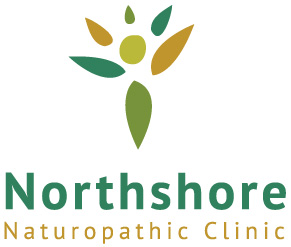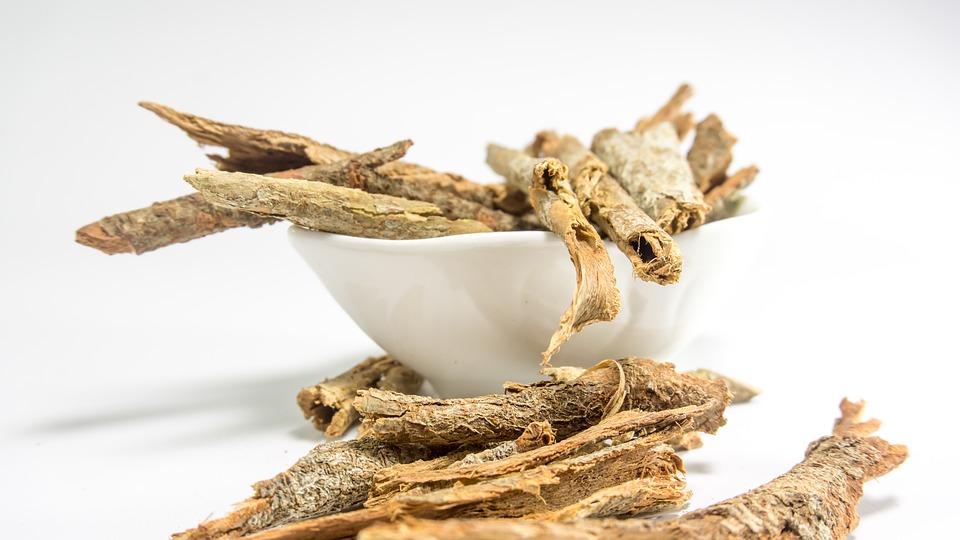One of the questions that often comes up is why the Eating Alive Program includes the use of lemon juice in some of the recipes and in the morning lemon drink. This is a good question considering the fact that lemons grow in tropical regions and we tell people to eat according to climate, which means avoiding/limiting tropical fruit if you live in a more temperate climate.
Well, lemons are an exception to this rule. They do not have any glycemic values listed on our Food Chart because they are low in sugar content. Besides being an excellent source of vitamin C, fresh-squeezed lemon juice has a cleansing effect on the body. It aids in the formation of bile and helps get the bowels moving by promoting peristalsis.
The morning lemon drink—1 to 2 tablespoons of fresh lemon juice squeezed into a cup of hot or warm water, with minced fresh ginger if desired—is recommended first thing in the morning for those who can tolerate it. As Dr. Matsen states in Eating Alive, lemon and ginger are “mild stomach stimulants, so they will stimulate the stomach to make lots of digestive juice. However, there is little in this drink that requires digestion, so considerable surplus digestive energy is produced. This goes out into the blood and starts to ‘vacuum’ out the far corners of the body.”… “Apple cider vinegar in water is sometimes beneficial, especially in cases of arthritis. Acids before proteins can aid their digestion.” It’s a good idea to add a pinch or two of unprocessed sea salt to your lemon drink to help neutralize the potassium content.
Because it is acidic, lemon juice can aggravate some people and citrus fruits are common allergens, so not everyone will be able to tolerate it.
Use fresh-squeezed lemon juice (avoid the bottled kind) on steamed vegetables, fish, or in salad dressings. Or add some to water to improve the flavour if you don’t like to drink it plain. See Eating Alive II for recipes on how to make your own healthy Lemonade and Iced Green Tea Lemonade.



